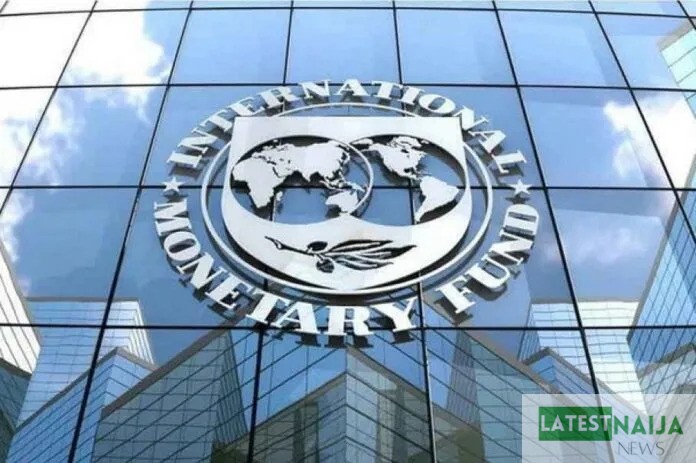The International Monetary Fund (IMF) has issued a warning that China’s recent economic slowdown could have far-reaching repercussions for Nigeria’s economic prospects.

According to the IMF, China’s deep economic ties with sub-Saharan African countries over the past two decades could potentially reduce Nigeria’s average economic growth by 0.5 percentage points.
China, being the largest single-country trading partner in the region, is responsible for purchasing a significant portion of sub-Saharan Africa’s exports, including metals, minerals, and fuel. Additionally, China supplies most of the manufactured goods and machinery imported by countries in the region.
In a recent publication titled ‘China’s Slowing Economy Will Hit Sub-Saharan Africa’s Growth,’ the IMF explained that China’s economic recovery from the pandemic has slowed due to factors such as a property market downturn and declining global demand for its manufactured goods.
The IMF report highlighted, “A one percentage point decline in China’s growth rate could reduce average growth in the sub-Saharan African region by about 0.25 percentage points within a year. For oil-exporting nations like Angola and Nigeria, the impact could be as high as 0.5 percentage points on average.”
The consequences of China’s economic slowdown also extend to sovereign lending to sub-Saharan Africa, which decreased to below $1 billion last year, marking the lowest level in nearly two decades. This reduction signifies a shift away from large-scale infrastructure financing.
Since China is a major lender to the region, the cutback in loans is expected to affect countries like Angola, Cameroon, Kenya, Nigeria, and Zambia, where China serves as the largest bilateral official lender.
To mitigate the adverse effects of China’s economic slowdown, the IMF suggests that sub-Saharan African nations need to enhance their resilience through increased intra-African trade and by strengthening their financial buffers. This can be achieved through tax policy reforms and improvements in revenue administration.
Furthermore, diversification of African economies is viewed as crucial to sustaining future growth. The strong demand for minerals that support renewable energy development presents an opportunity for countries to forge new trade relationships and develop local processing capabilities.
Countries are encouraged to improve their competitiveness by creating favorable business environments, investing in infrastructure, and deepening domestic financial markets.
The Consul General of China in Lagos, Yan Yuging, recently disclosed that bilateral trade volume between China and Nigeria for the first three quarters of 2023 stood at $17.25 billion.
He emphasized the significance of China as a trade partner for Nigeria, citing Chinese customs data indicating that bilateral trade between the two countries reached $23.9 billion in 2022, with China’s exports to Nigeria amounting to $22.3 billion and imports from Nigeria totaling $1.6 billion.
Data from the Debt Management Office reveals that Nigeria’s total borrowing from China had risen to $4.29 billion by the end of December 2022.
As China’s economic fortunes continue to evolve, Nigeria and other sub-Saharan African nations face the challenge of adapting and diversifying their economies to mitigate potential risks while pursuing sustainable growth strategies.


Comments are closed.